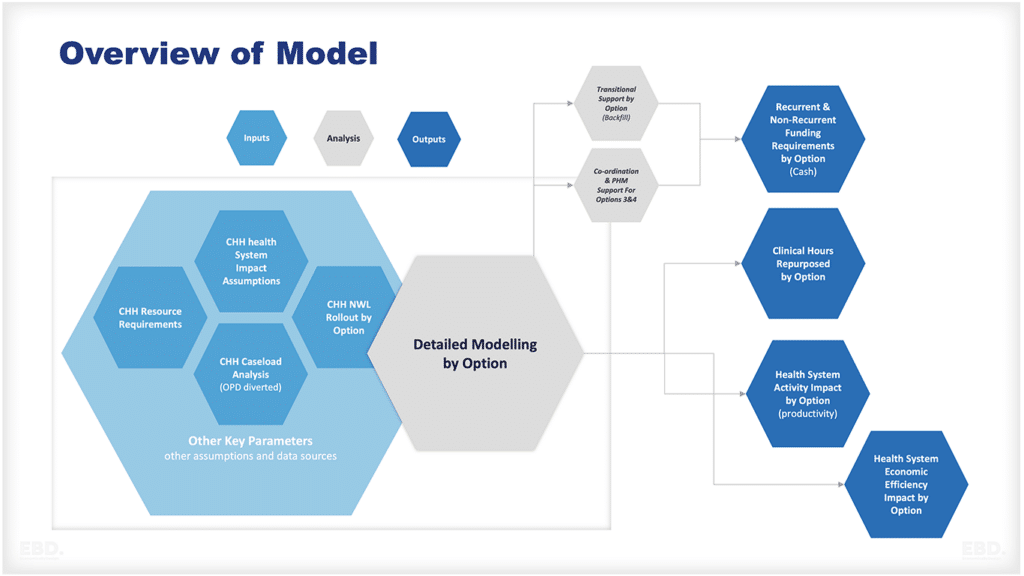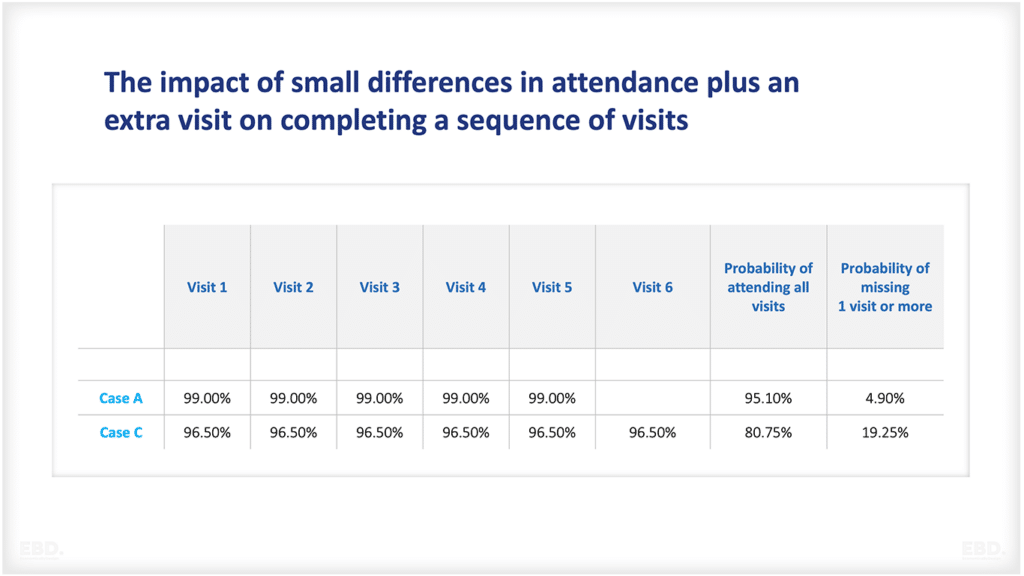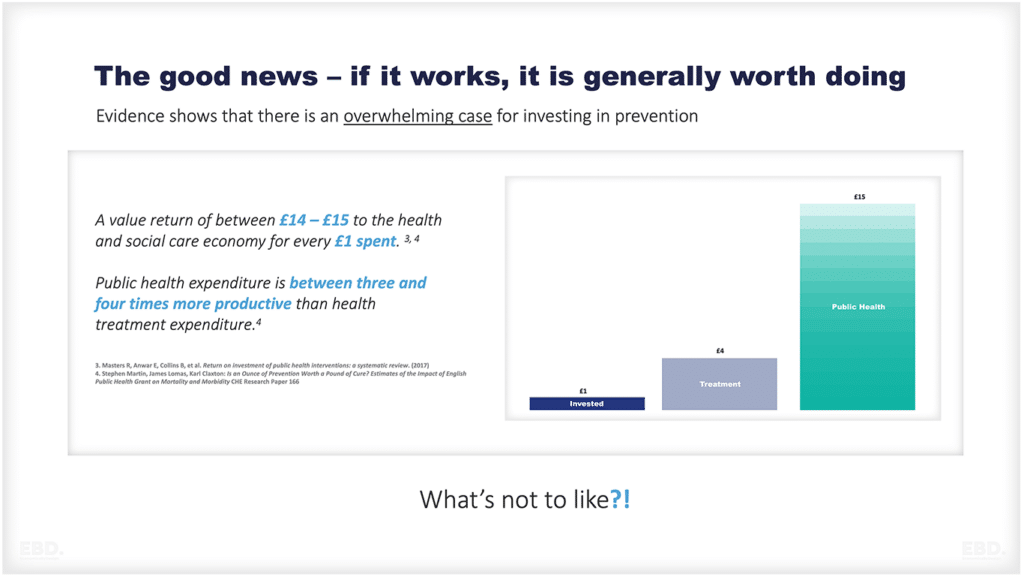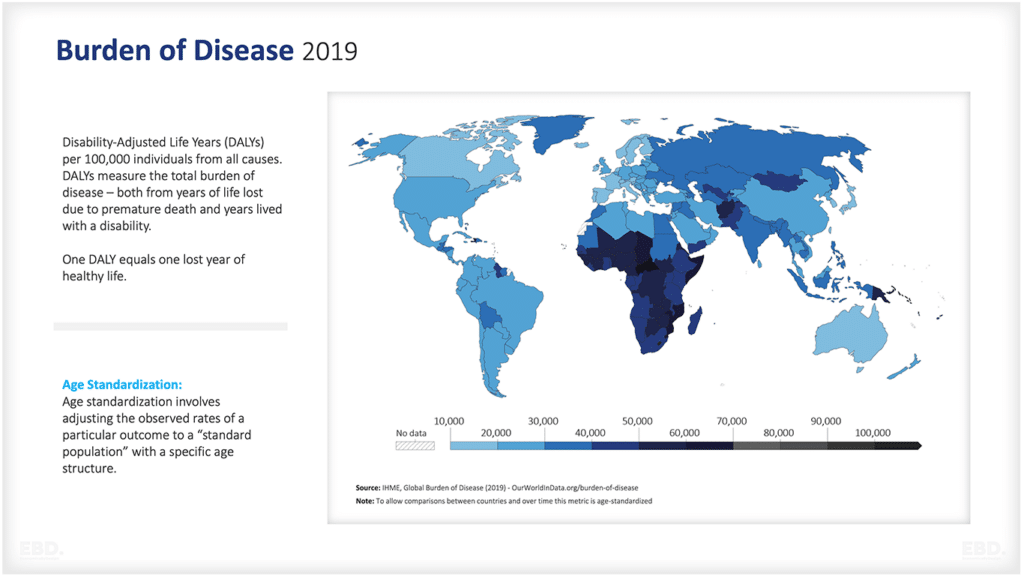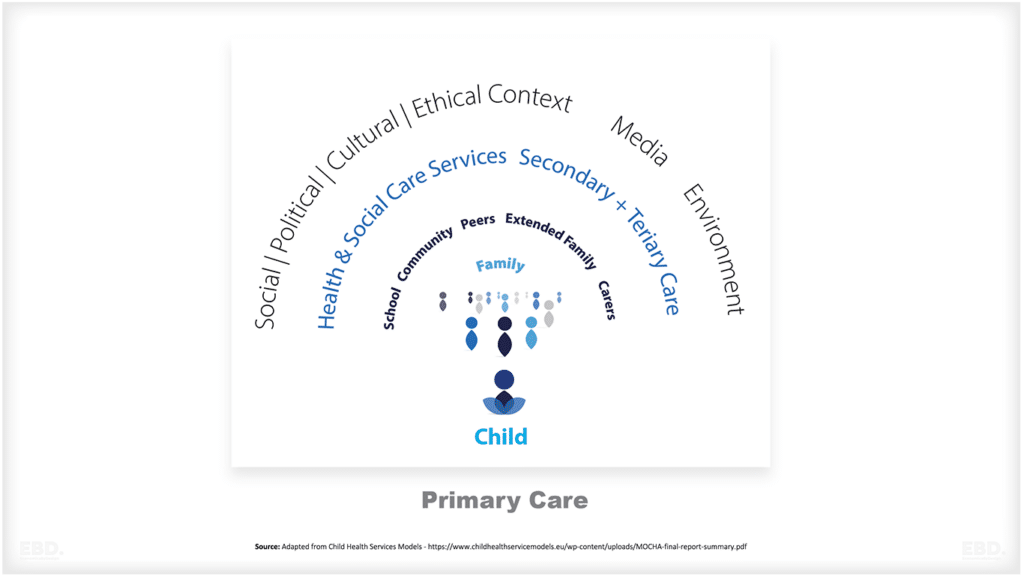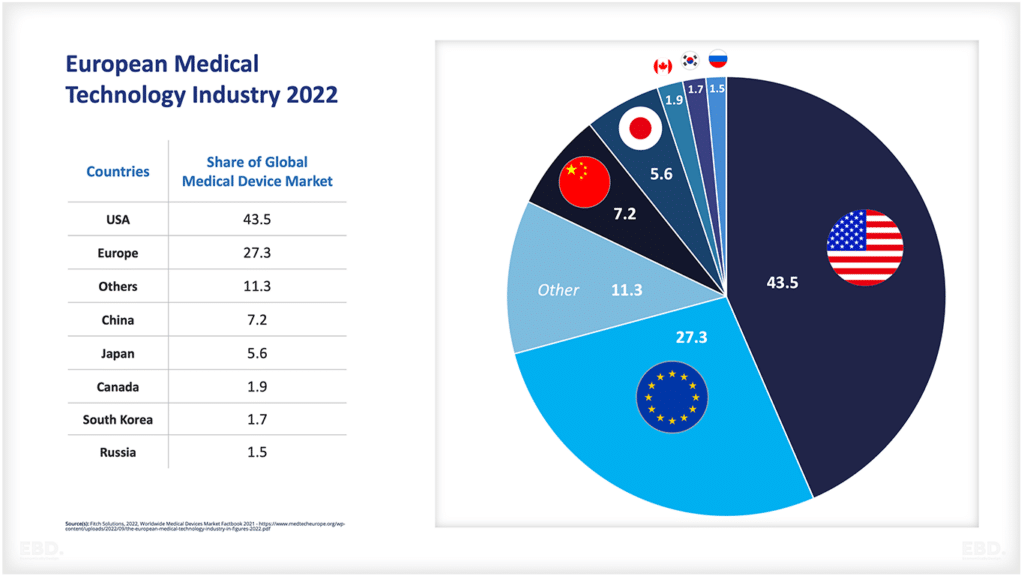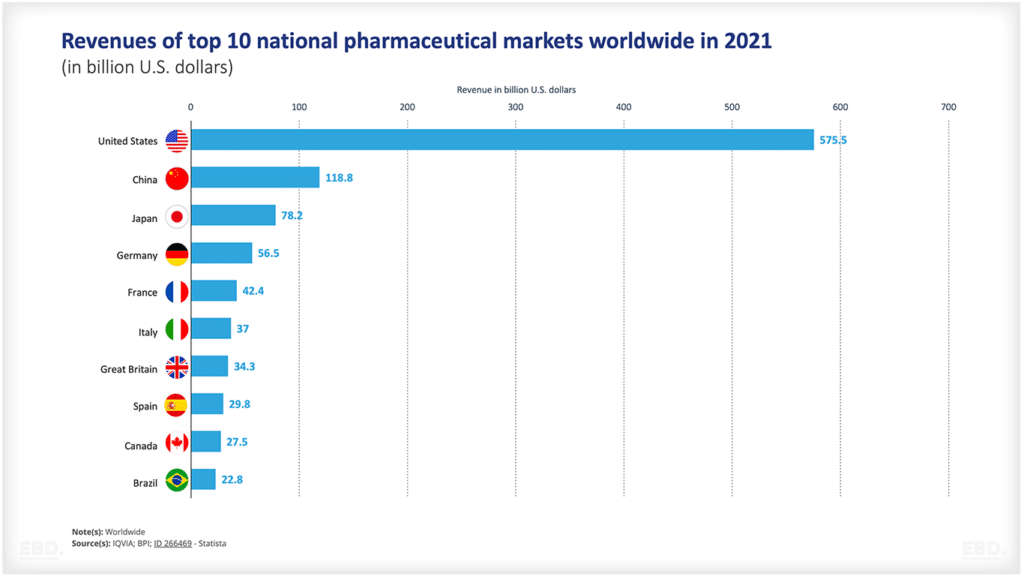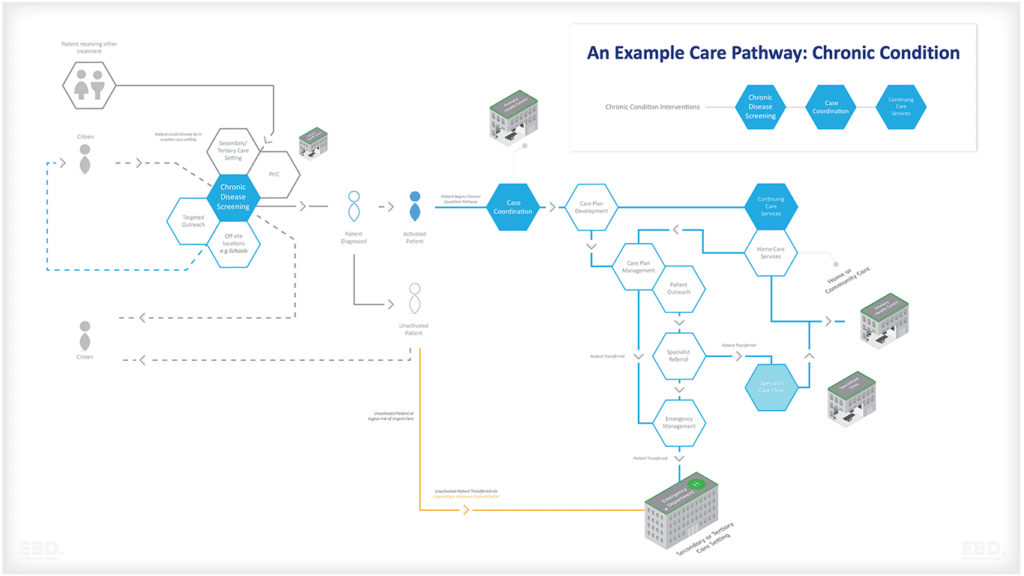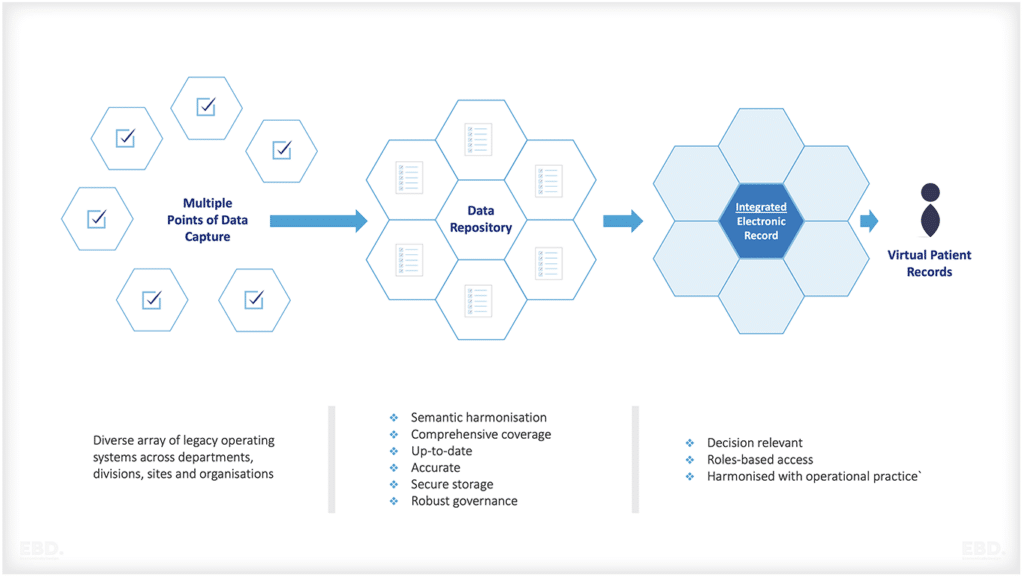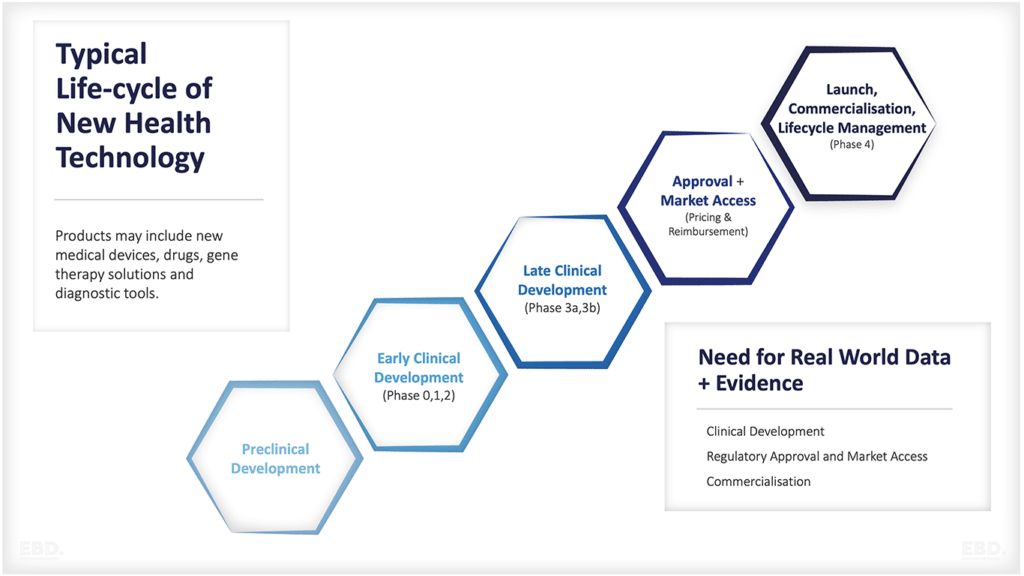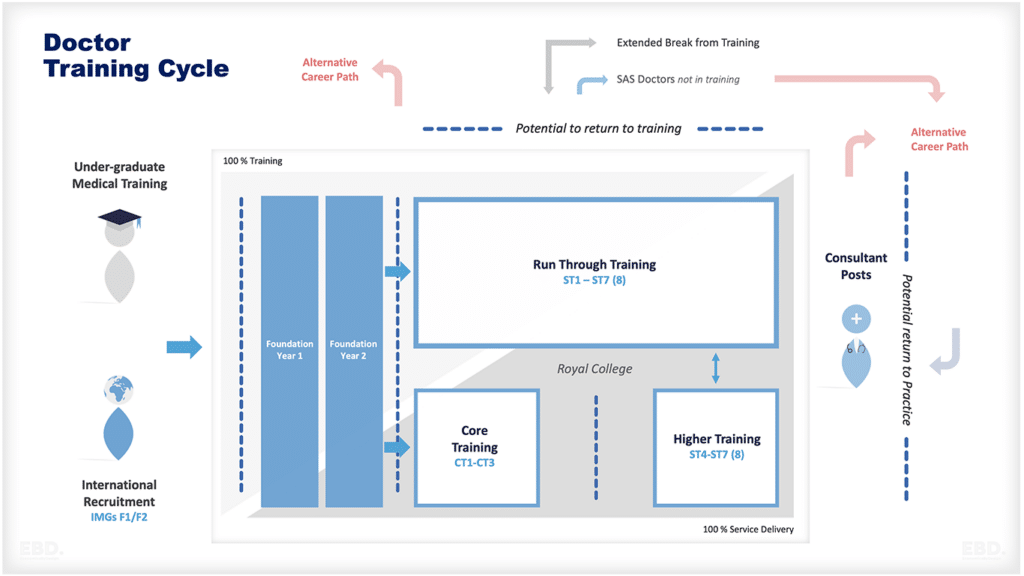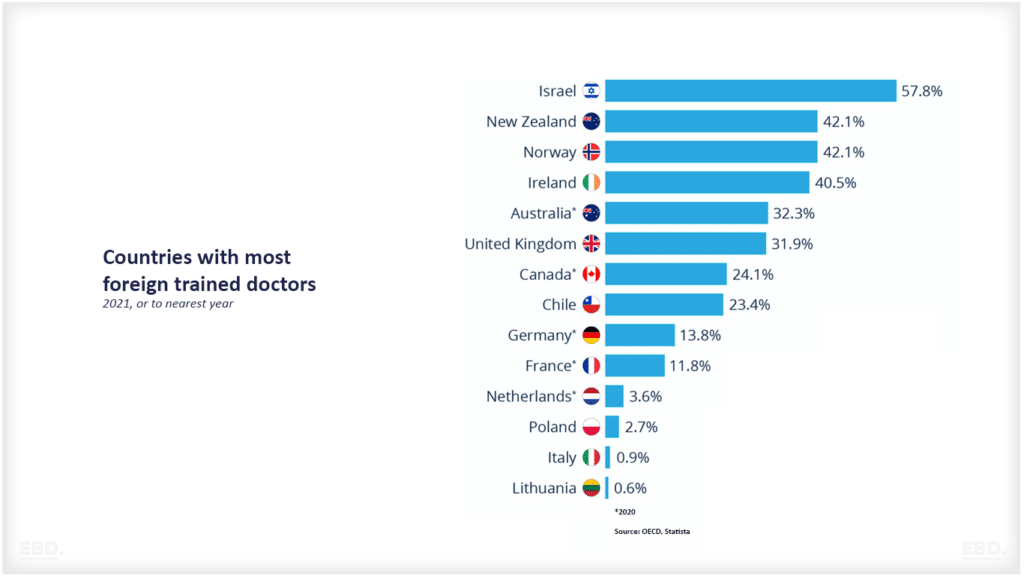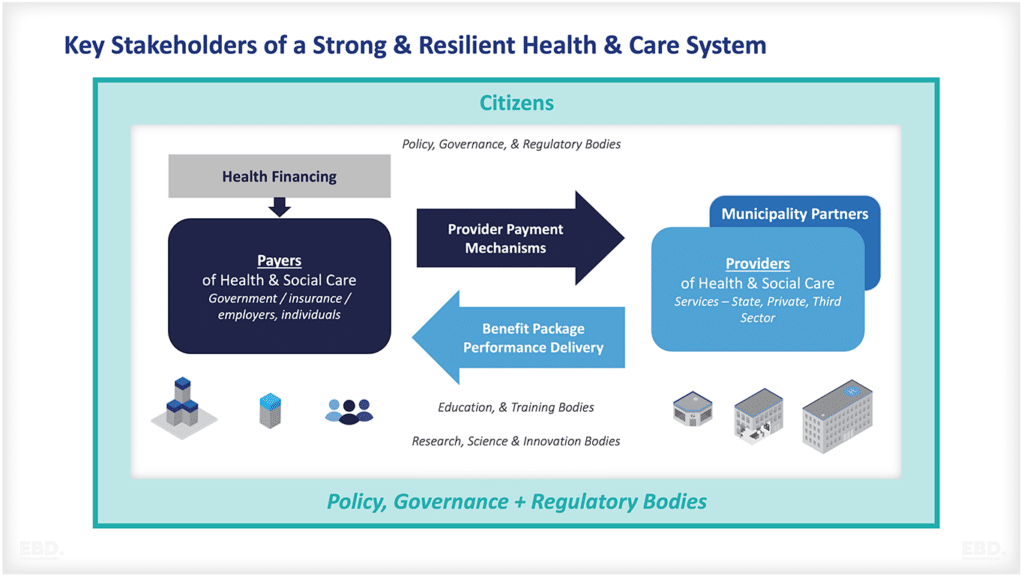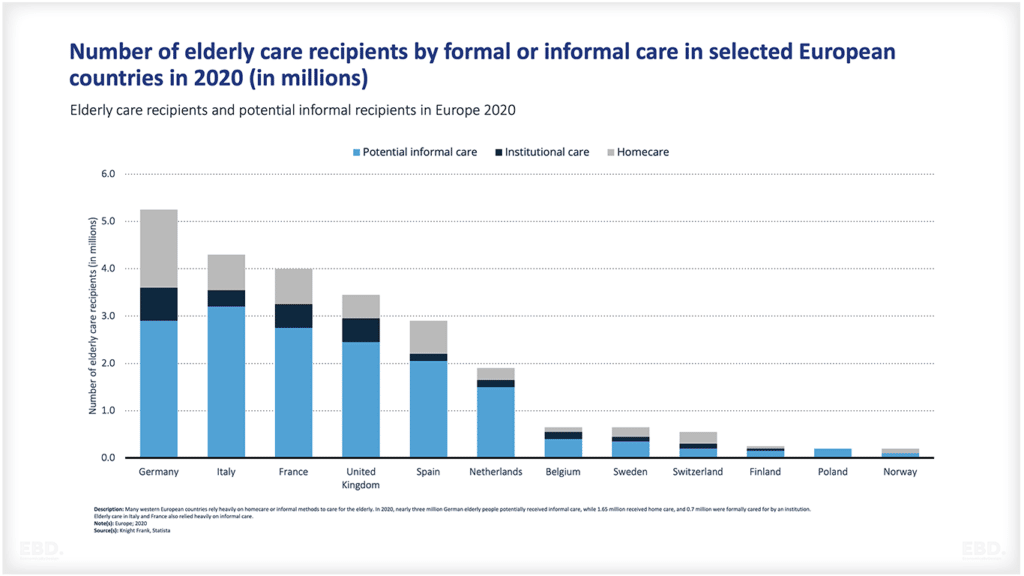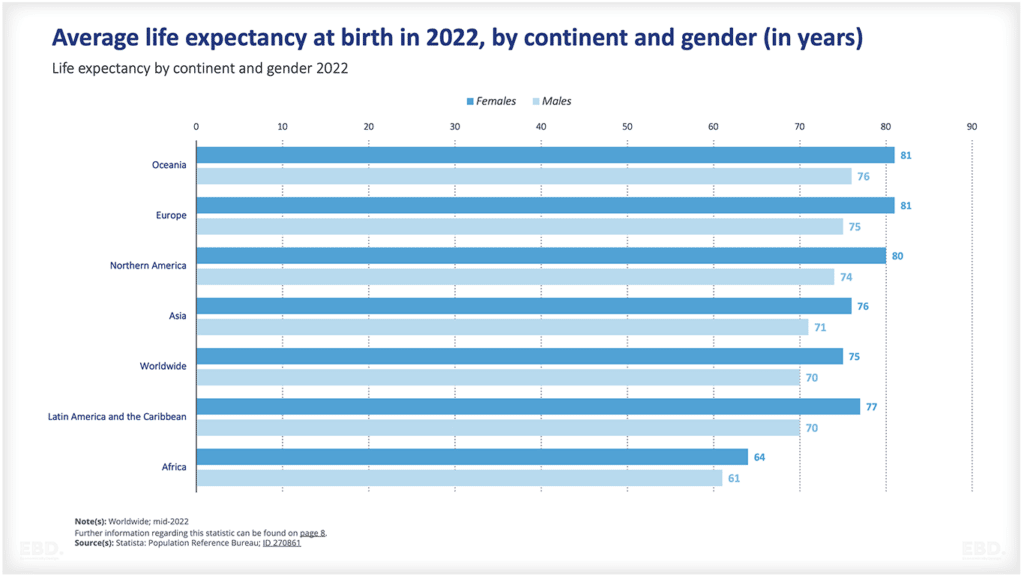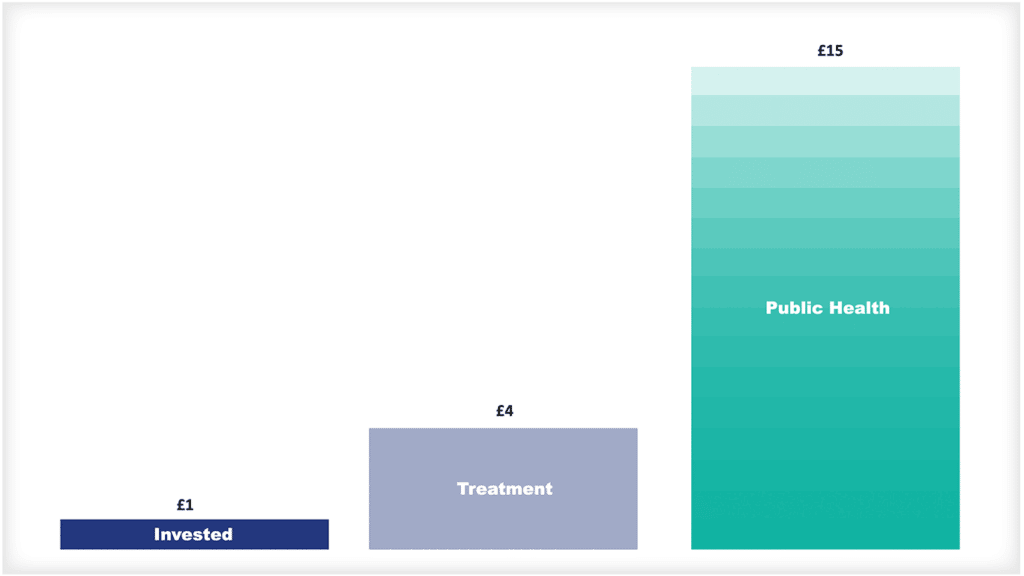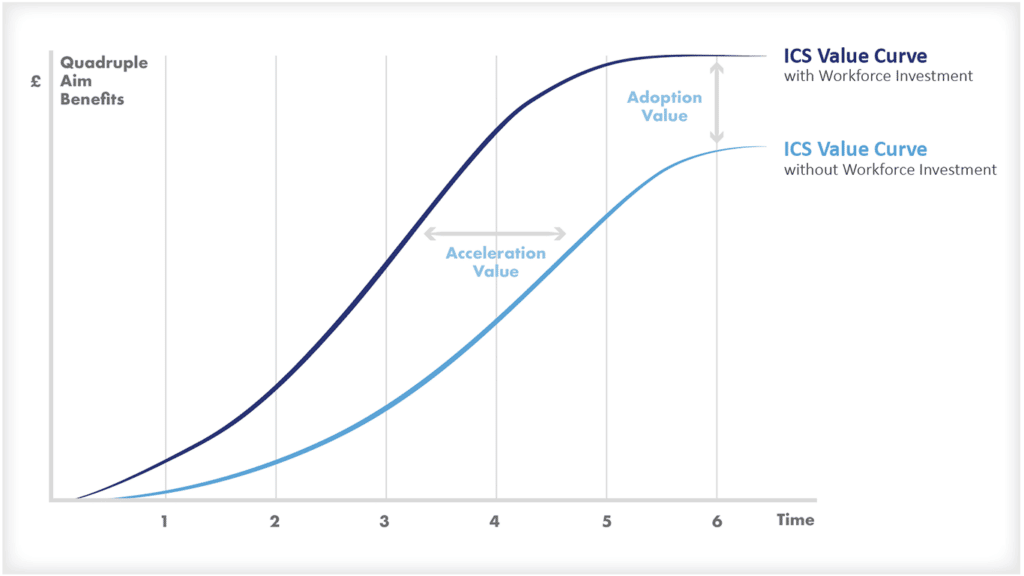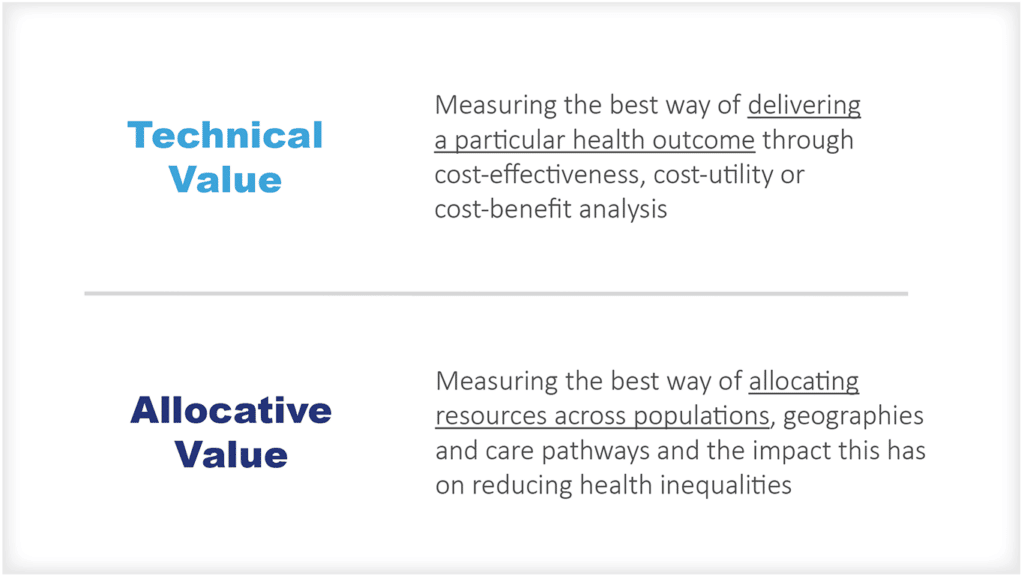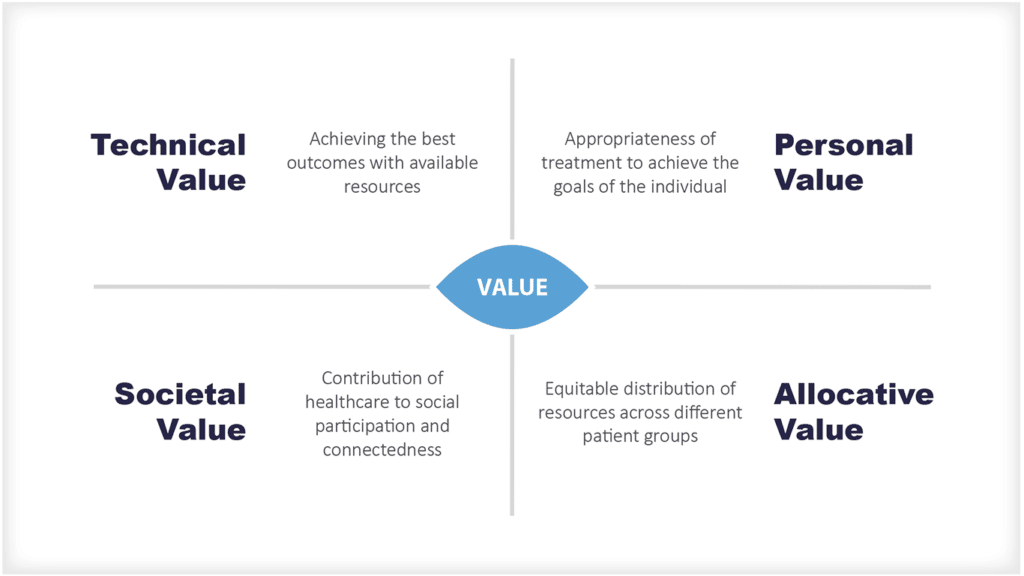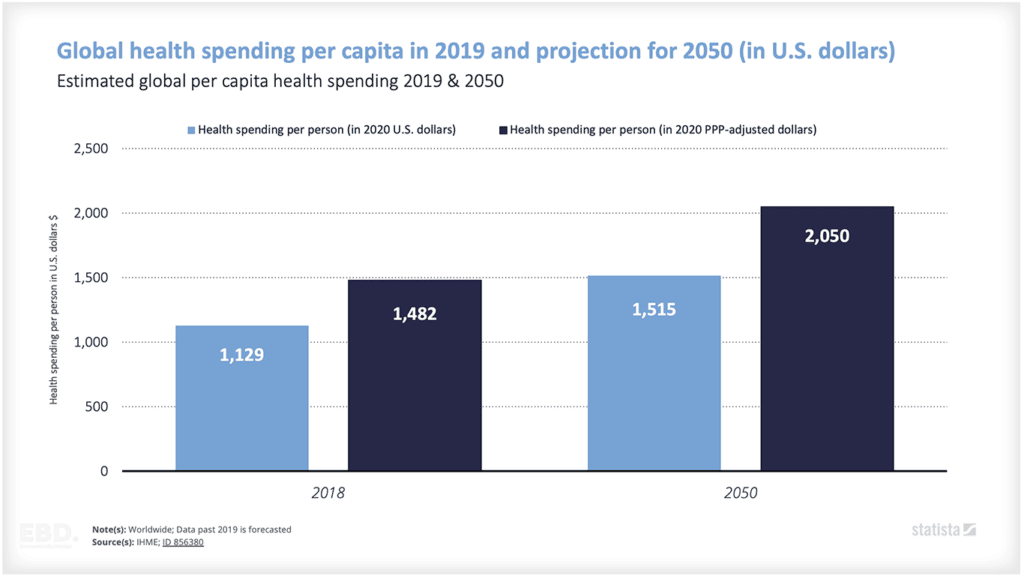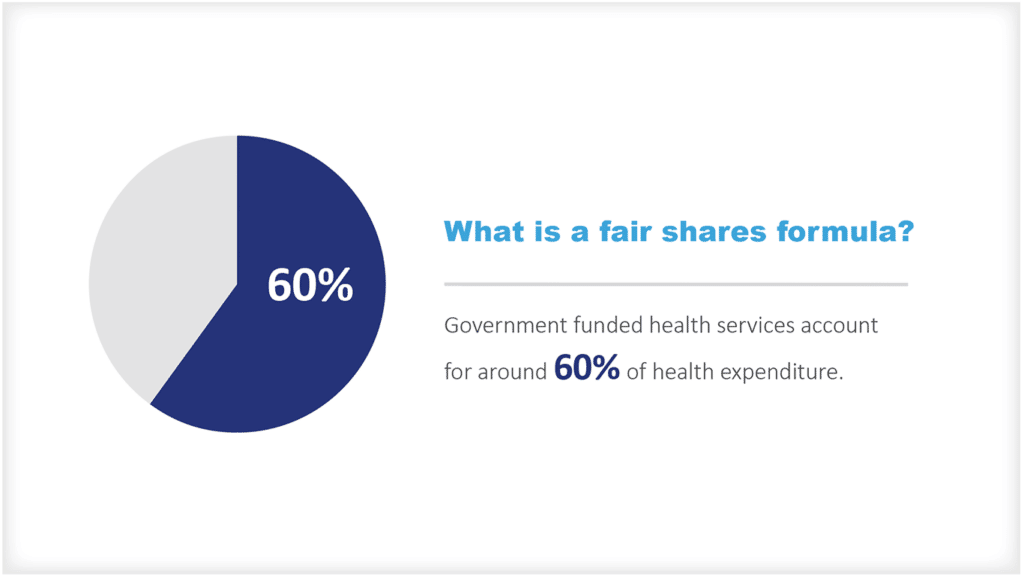Impact of COVID-19 on Mental Health
There has been considerable debate about the economic impact of COVID-19 on mental health [1]. Pan-European figures from YouGov suggest that the UK has been particularly badly affected. Almost two-thirds of the respondents reported COVID-19 as having had a negative impact on mental health. This compared with under half of the respondents in Germany [2].
Data from the Office of National Statistics suggest that the proportion of adults reporting moderate to severe depression has increased from 9.7% to 19.2% [3]. For younger adults (16-39) the figures are considerably worse, with an almost three-fold increase from 10.9% to 31%.
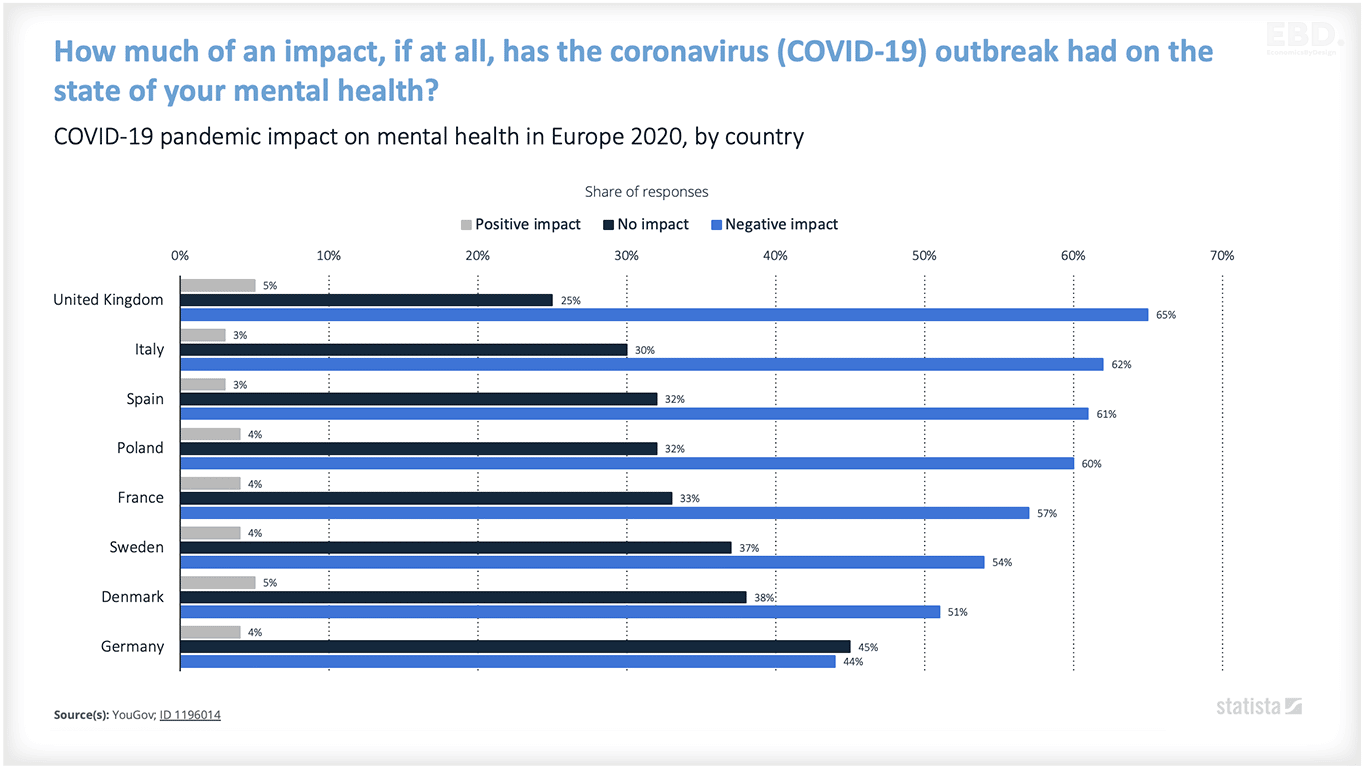
Estimating the Economic Cost
From an economics perspective, this is really very worrying. A recent report from the London School of Economics and the Mental Health Foundation estimated that before the COVID-19 pandemic, mental health conditions resulted in societal costs of around 5% of the UK’s Gross Domestic Product (GDP). A whopping £118bn per annum. Including self-harm, these costs increase to more than £125bn per annum.
Let’s take a closer look at how these costs are calculated. Put simply they are based on:
-
Estimates of the number of people living with mental health conditions (prevalence)
-
The health system costs associated with diagnosis and treatment in primary care and in general and specialist hospitals
-
The costs to the education system
-
The costs to the social care system
-
The costs to the economy of having lost the potential productivity of those who are not looking for a job or available to work because of mental health conditions
-
The cost of informal care which is generally unpaid and provided by family members or friends
-
The intangible costs to the individual in terms of loss of quality of life arising from living with mental health conditions
From an economics perspective, these are very conservative estimates. They don’t include the costs of private-sector treatment or the costs of productivity lost from sickness absence or presenteeism [4].
Given that people reported a worsening in their mental health because of COVID-19, these economic costs are hardly likely to have dropped in the last two years. In all probability they will have increased.
[1] See for example https://www.mind.org.uk/coronavirus-we-are-here-for-you/coronavirus-research/
[2] https://www.statista.com/statistics/1196014/impact-of-covid-19-on-mental-health-in-europe/
[3] https://www.statista.com/statistics/1166045/depression-due-to-lockdown-in-great-britain-by-age/
[4] https://www.economicsbydesign.com/the-economic-value-of-a-healthy-health-workforce/
